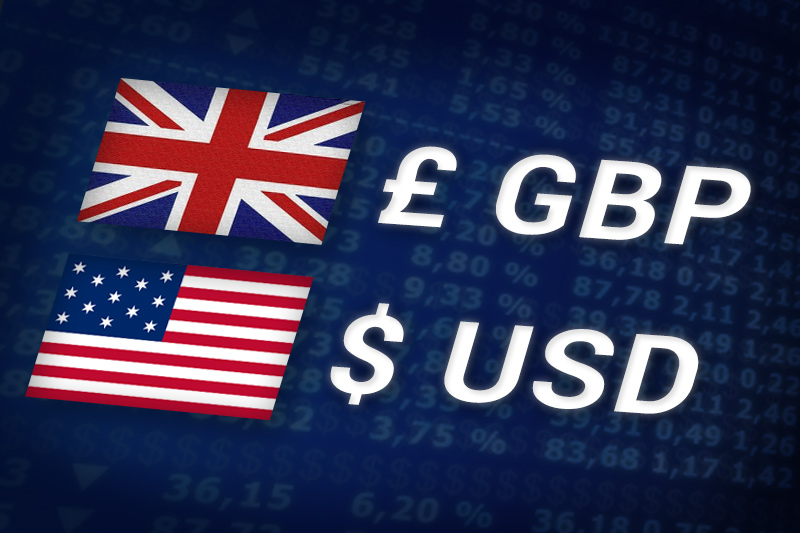Investing.com - The pound remained lower against the U.S. dollar on Tuesday, as investors remained cautious after votes in Greece and France on Sunday sparked fresh concerns that recent austerity measures may be abandoned.
GBP/USD hit 1.6125 during European afternoon trade, the daily low; the pair subsequently consolidated at 1.6157, shedding 0.21%.
Cable was likely to find support at 1.6108, the low of April 24 and resistance at 1.6201, the high of May 4.
Market sentiment remained under pressure after initial attempts by Greece’s largest party, New Democracy, to form a coalition government collapsed on Monday, following weekend elections.
Greek political leaders were continuing to hold cross party talks amid fears that the country will not have a government in place in time to secure its next tranche of international aid next month, as new elections look increasingly likely.
Investors were also jittery amid concerns over new French president-elect, Socialist Francois Hollande who has said he wants to renegotiate the euro zone’s fiscal pact in order to stimulate growth in the region.
The events overshadowed official data showing earlier that German industrial production jumped 2.8% in March, easily surpassing expectations for a 0.8% increase, after declining in each of the previous three months.
Elsewhere, the pound was trading close to a three-and-a-half year high against the euro with EUR/GBP edging up 0.09%, to hit 0.8067.
Also Tuesday, industry data showed that house price balance in the U.K. fell more-than-expected in April, declining 19% after an 11% fall the previous month.
Analysts had expected house price balance to fall 10% in April.
GBP/USD hit 1.6125 during European afternoon trade, the daily low; the pair subsequently consolidated at 1.6157, shedding 0.21%.
Cable was likely to find support at 1.6108, the low of April 24 and resistance at 1.6201, the high of May 4.
Market sentiment remained under pressure after initial attempts by Greece’s largest party, New Democracy, to form a coalition government collapsed on Monday, following weekend elections.
Greek political leaders were continuing to hold cross party talks amid fears that the country will not have a government in place in time to secure its next tranche of international aid next month, as new elections look increasingly likely.
Investors were also jittery amid concerns over new French president-elect, Socialist Francois Hollande who has said he wants to renegotiate the euro zone’s fiscal pact in order to stimulate growth in the region.
The events overshadowed official data showing earlier that German industrial production jumped 2.8% in March, easily surpassing expectations for a 0.8% increase, after declining in each of the previous three months.
Elsewhere, the pound was trading close to a three-and-a-half year high against the euro with EUR/GBP edging up 0.09%, to hit 0.8067.
Also Tuesday, industry data showed that house price balance in the U.K. fell more-than-expected in April, declining 19% after an 11% fall the previous month.
Analysts had expected house price balance to fall 10% in April.
